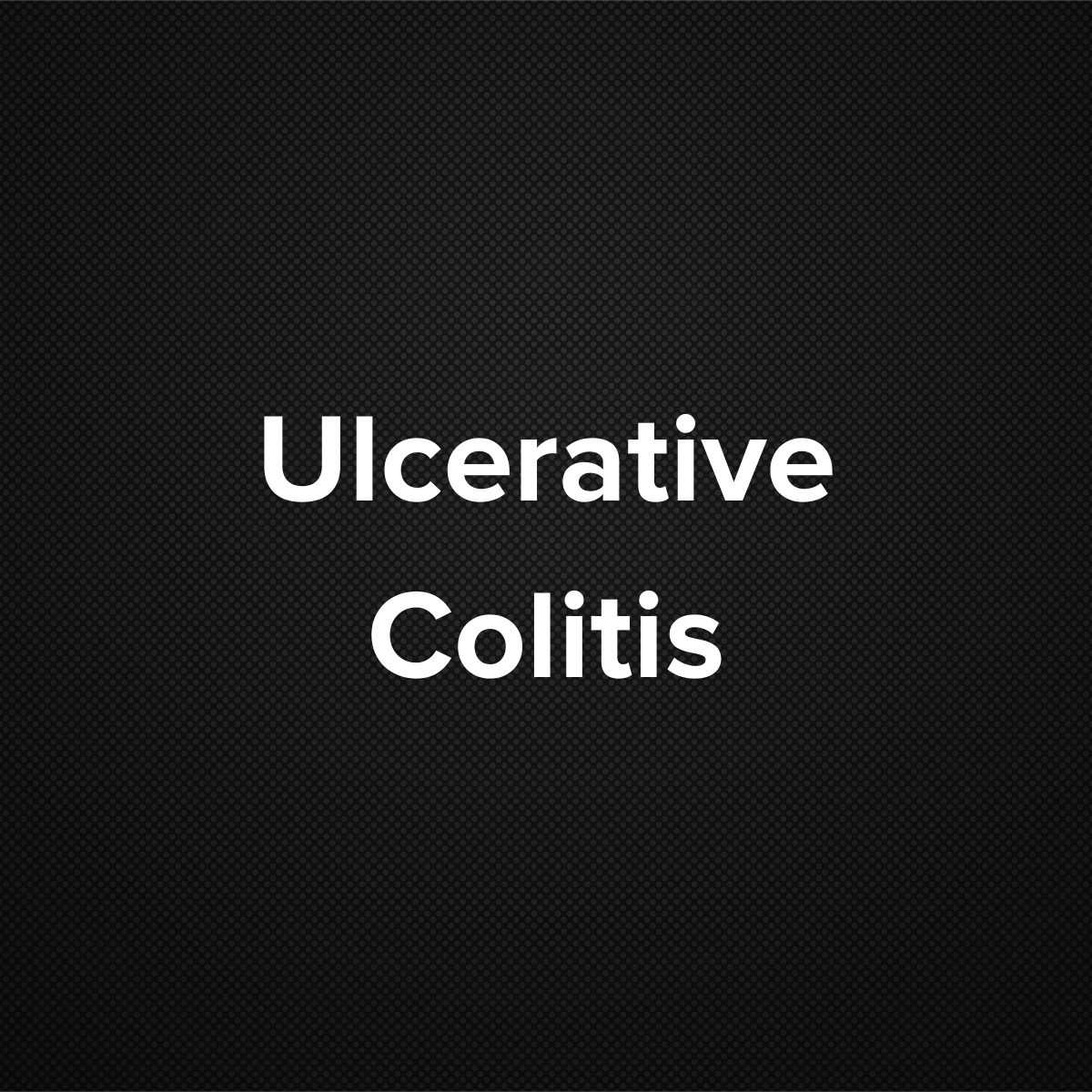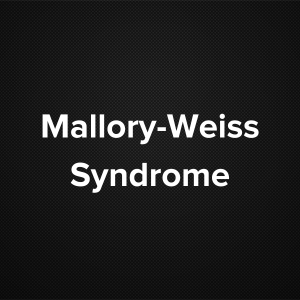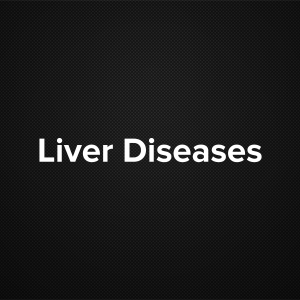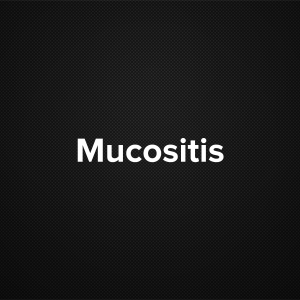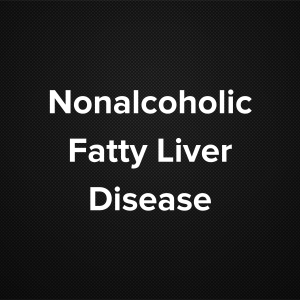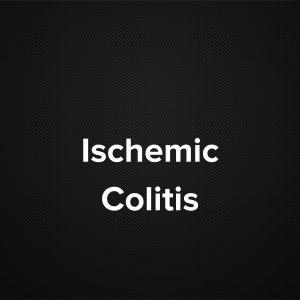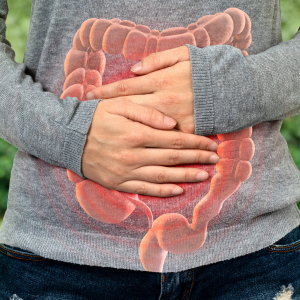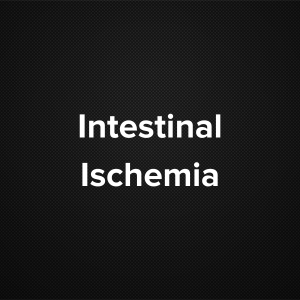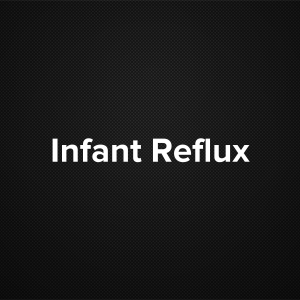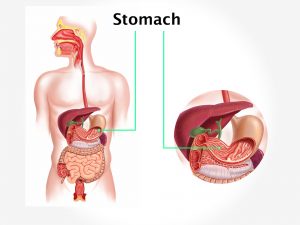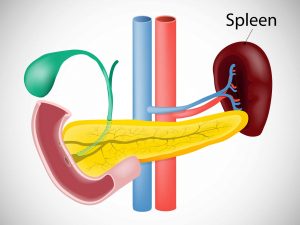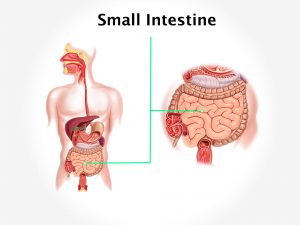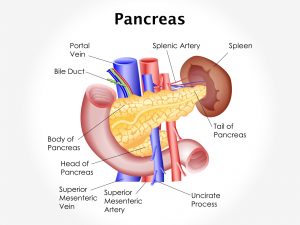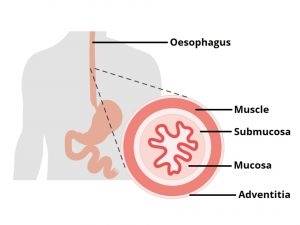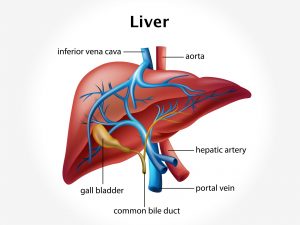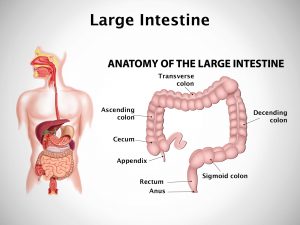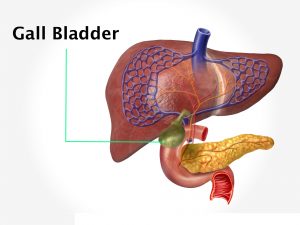Causes and risk factors
It occurs in genetically susceptible individuals. Family history of irritable bowel syndrome, identical twins are more likely to get IBD. Autoimmune thyroiditis, SLE are some of the predisposing factors. People with high refined sugar diet, non or ex smokers have chances of suffering from ulcerative colitis. Relapse is provoked by emotional stress, intercurrent infections, gastroenteritis, antibiotics, NSAID therapy.
Clinical presentation
Bloody diarrhoea is a major sign of ulcerative colitis. First attack is severe followed by recurrent relapses. Frequent small amount fluid stools, tenesmus, anorexia, malaise, weight loss, abdominal pain, are alarming features.
Investigation
Medical history by the patient and Clinical examination by the doctor helps in diagnosis. Colonoscopy to take the biopsy of ulcers which confirm the diagnosis. CBC may reveal anaemia caused by blood loss or malabsorption of iron, folic acid, vitamin B12, estimation of ESR, stool culture, blood culture in case of fever. Abdominal x-rays Endoscopy, barium studies, ultrasound are other investigations for further evaluation of disease.
Treatment
Main aim of management of disease includes treating acute attacks, prevent relapses, detect carcinomas at an early stage, select patient for surgery. Medications include corticosteroids, aminosalicylates. Supportive treatment includes intravenous infusion to correct dehydration, blood transfusion or iron supplement to correct anaemia. Severe cases require surgical intervention i.e. removal of entire colon or rectum.
Other Modes of treatment
The other modes of treatment can also be effective in treating ulcerative colitis. Homoeopathy is a science which deals with individualization considers a person in a holistic way. This science can be helpful in combating the symptoms. Similarly the ayurvedic system of medicine which uses herbal medicines and synthetic derivates are also found to be effective in treating ulcerative colitis.
Recent updates
More than 160 genes affecting susceptibility to ulcerative colitis have been identified. Using sophisticated modern techniques researchers have found complex interaction between intestinal bacteria and immune responses.
